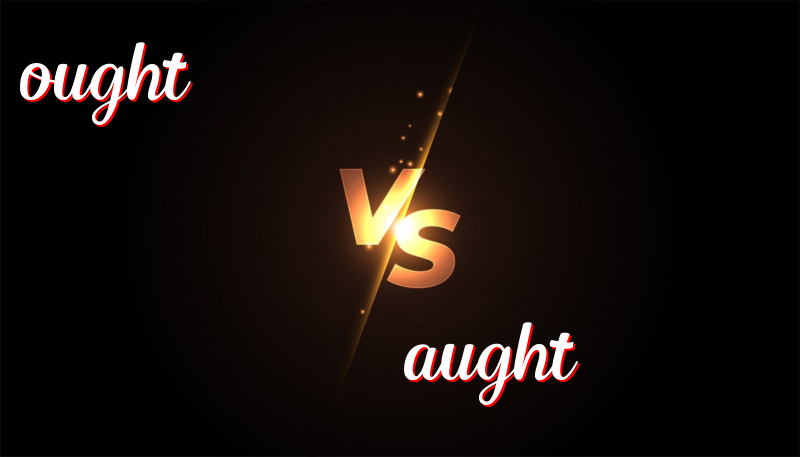Understanding the Distinctions Between Ought and Aught
Ought vs. Aught: What’s the Difference?
Many people get confused between “ought” and “aught.” Though these words look and sound alike, they mean different things and have different uses. Let’s learn about them!
History
Ought: This word has been used for a long time. It came from Old English “ahte,” which meant “owed” or “should.”
Aught: This word also has Old English roots and came from “awiht.” It meant “anything” or “something.”
How to Use Ought and Aught
Ought
We use “ought” when we talk about things people should do. It’s like giving advice or a gentle command.
- You ought to drink water every day.
- They ought to do their homework soon.
- She ought to wear a coat; it’s cold outside.
- We ought to help others when we can.
- He ought to say sorry for his mistake.
Aught
“Aught” is a word that means “anything” or “zero.” It is not used as much today and can sound old-fashioned.
- Is there aught you want to ask?
- She didn’t do aught to stop them.
- The score is seven to aught.
- I found aught of interest in the book.
- There is aught to worry about right now.
Trick to Remember the Difference
The trick is simple: If you’re thinking about what someone should do, choose “ought.” If you’re talking about “anything” or “zero,” use “aught.”
Summary
Remember, “ought” is for advice or saying what is good to do. “Aught” is an old word that means “anything” or “zero.”
With this guide, you will know when to use “ought” or “aught” in your writing. Keep practicing, and you’ll get even better!

Leave a Reply
You must be logged in to post a comment.